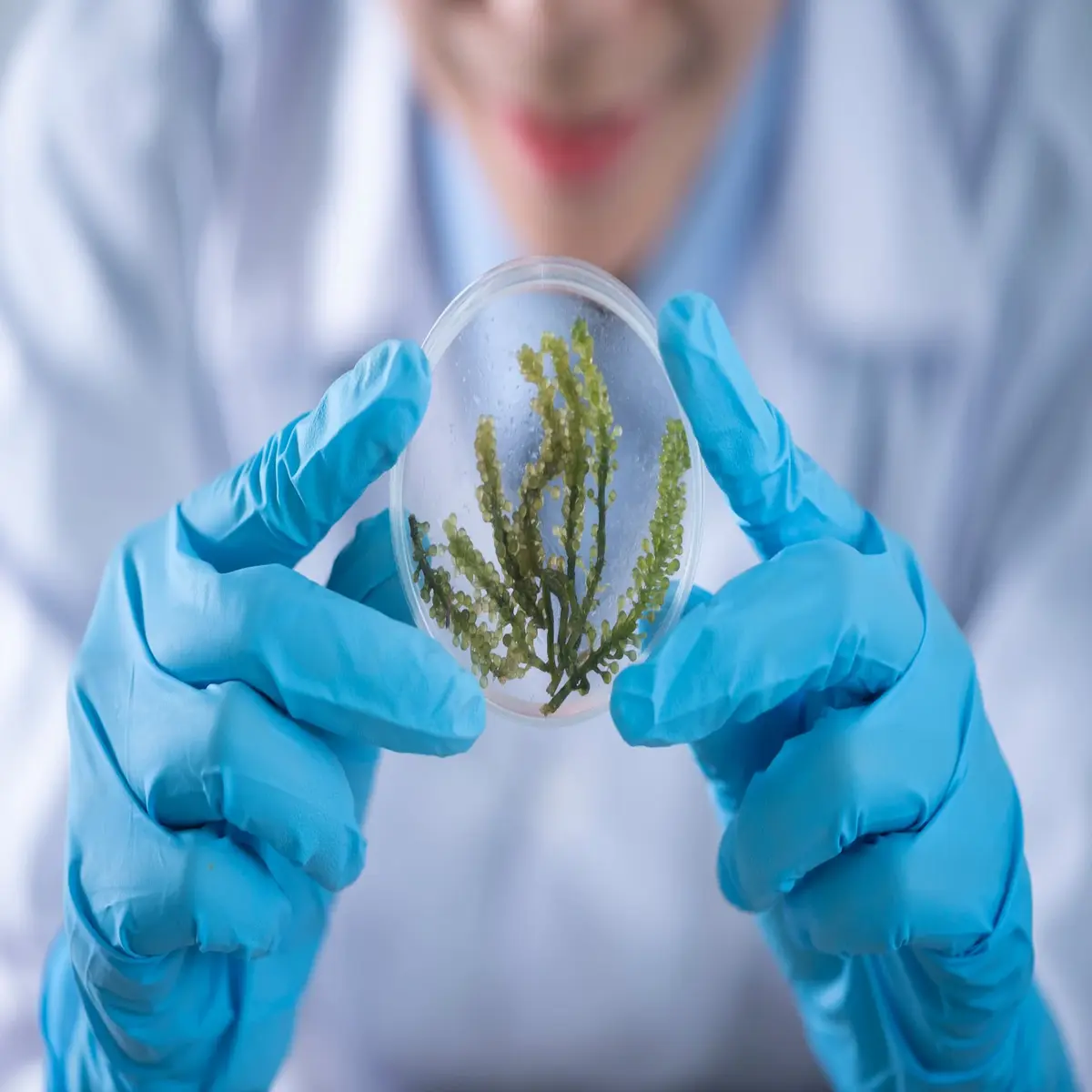Learn what are the major differences between biochemistry vs organic chemistry. Biochemistry is the study about living things, while organic chemistry looks at carbon compounds.
What is biochemistry?
It is a study of chemical process and reactions occur in living organisms such as plants, animals and microorganisms.
This subject is the combination of two scientific words, chemistry and biology. For better understand I’m giving you an example: “How proteins work on body?” so, here the “proteins” is the chemical compound which is related to chemistry. And “works on body” which is related to biology or anatomy.
Biochemistry is used to understand how living organisms function at the molecular level. It also used for medicine, genetics and biotechnology applications. It plays a vital role in advancing health, technology, and our understanding of life processes.
What is organic chemistry?
This is a branch of chemistry where carbon-containing compounds are studied. These compounds are the building blocks of life. Organic compounds are found in a vast array of substances, such as plastics, drugs, fuels and natural substances like proteins and DNA.
Organic chemistry is used to investigate the structure, properties, reactions and synthesis of carbon containing compounds. It plays a crucial role in fields such as medicine, materials science and industry.
Biochemistry vs Organic chemistry
| Biochemistry | Organic Chemistry |
|---|---|
| Focuses on the study of living organisms. | Deals with the chemistry of carbon compounds. |
| Examines biological molecules and their functions. | Explores a wide range of carbon-based compounds. |
| Emphasizes the role of enzymes and proteins. | Concentrates on the synthesis and reactions of organic molecules. |
| Investigates metabolic pathways and cellular processes. | Primarily concerned with the structure and behavior of organic compounds. |
| Applies to the understand life processes. | Applies to understand synthesis and analysis of chemicals. |
| Involves the study of biomolecules like DNA, RNA and proteins. | Encompasses a broader spectrum of compounds, including pharmaceuticals and materials. |
| Explores the relationship between structure and function in living systems. | Focuses on carbon-containing compounds in various contexts. |
| Plays a crucial role in fields like medicine, genetics and biotechnology. | Has applications in industries such as pharmaceuticals, polymers and agriculture. |
| Incorporates concepts from biology and chemistry. | Primarily rooted in principles of chemical structure and bonding. |
Also read What is Biochemistry?

